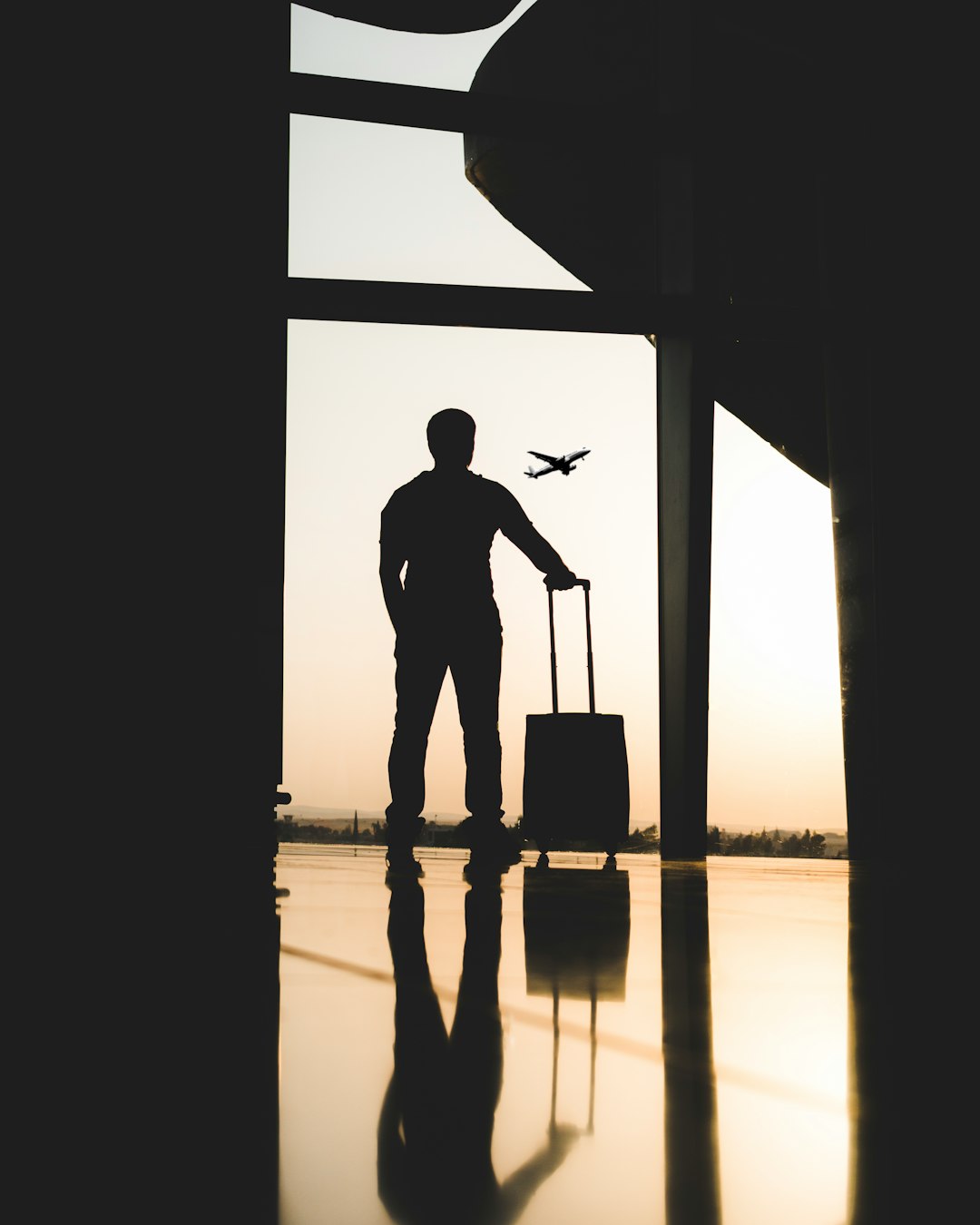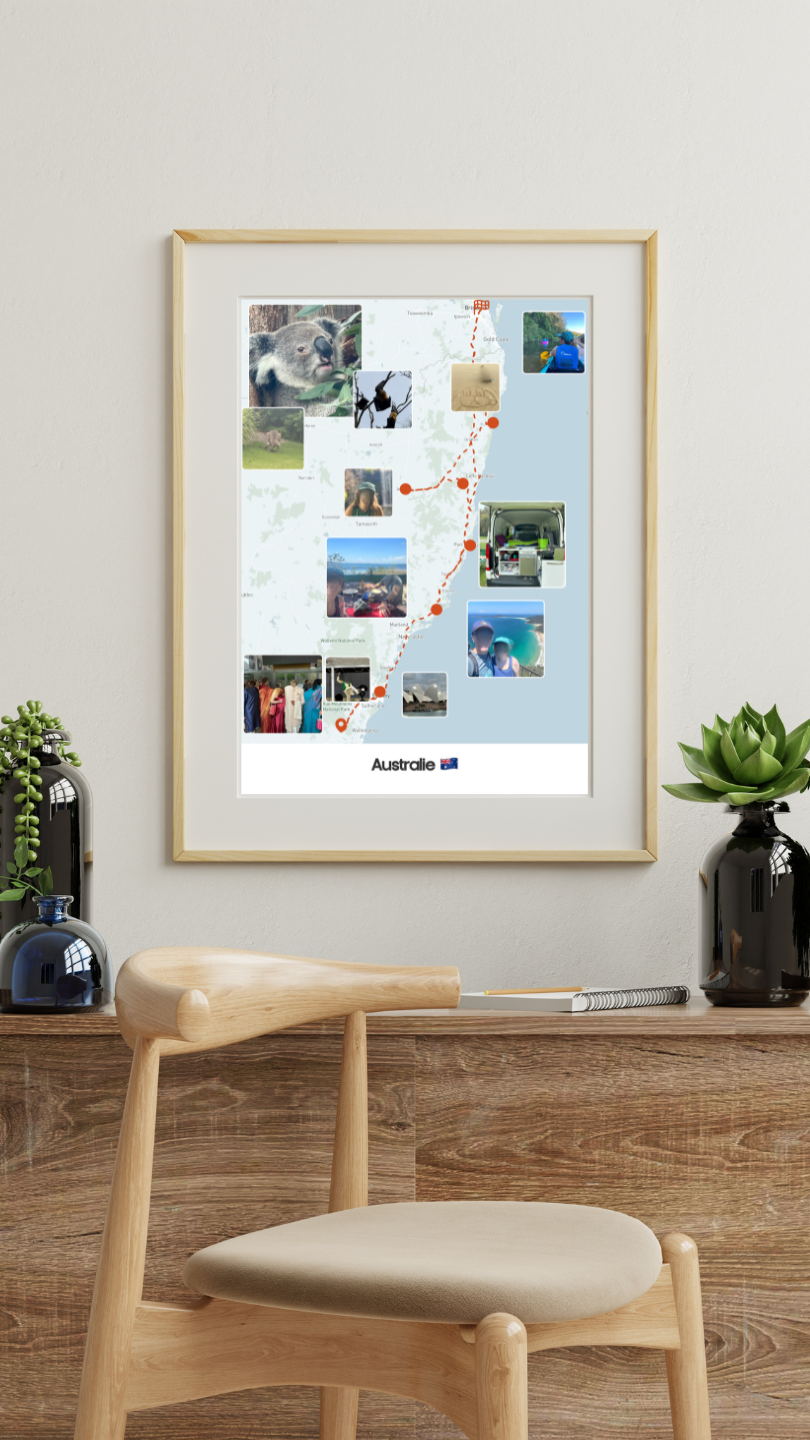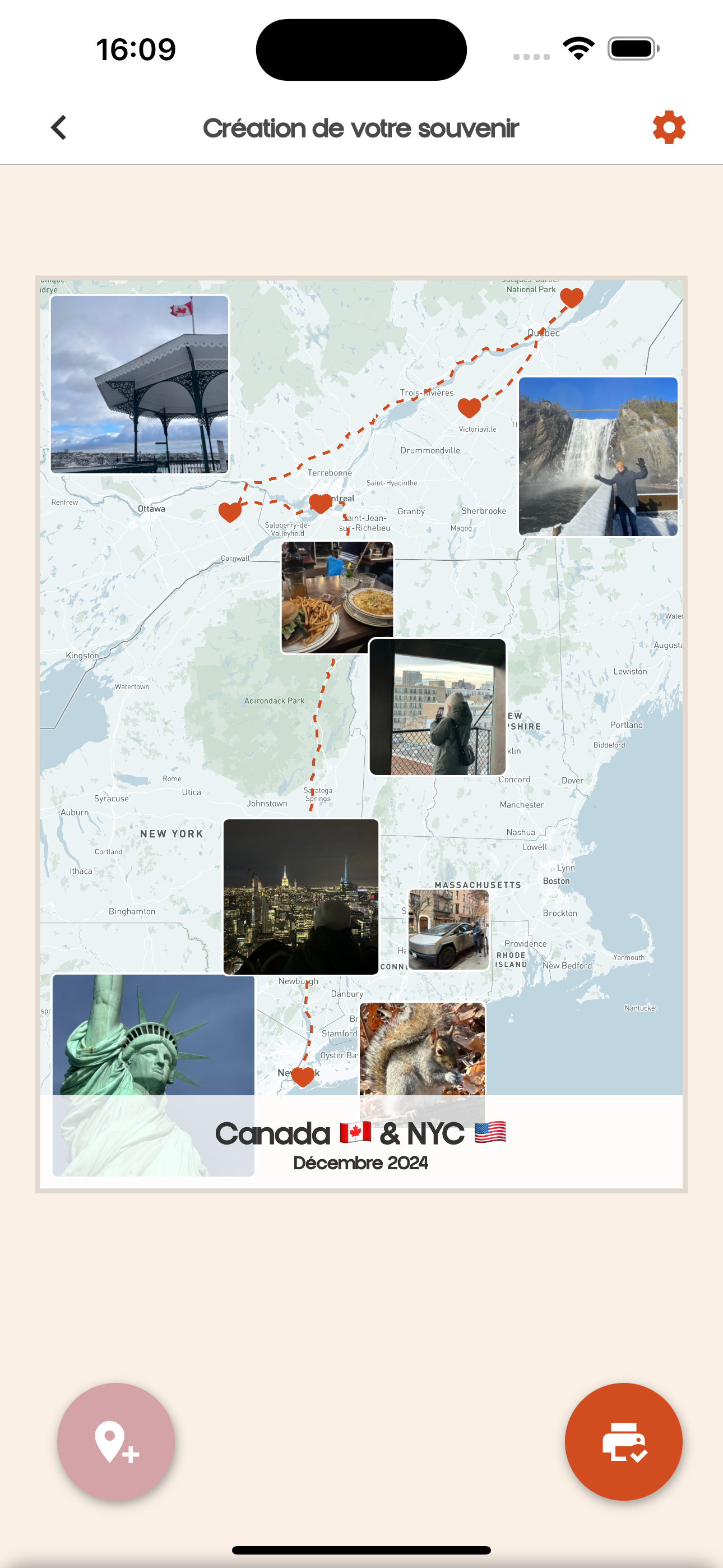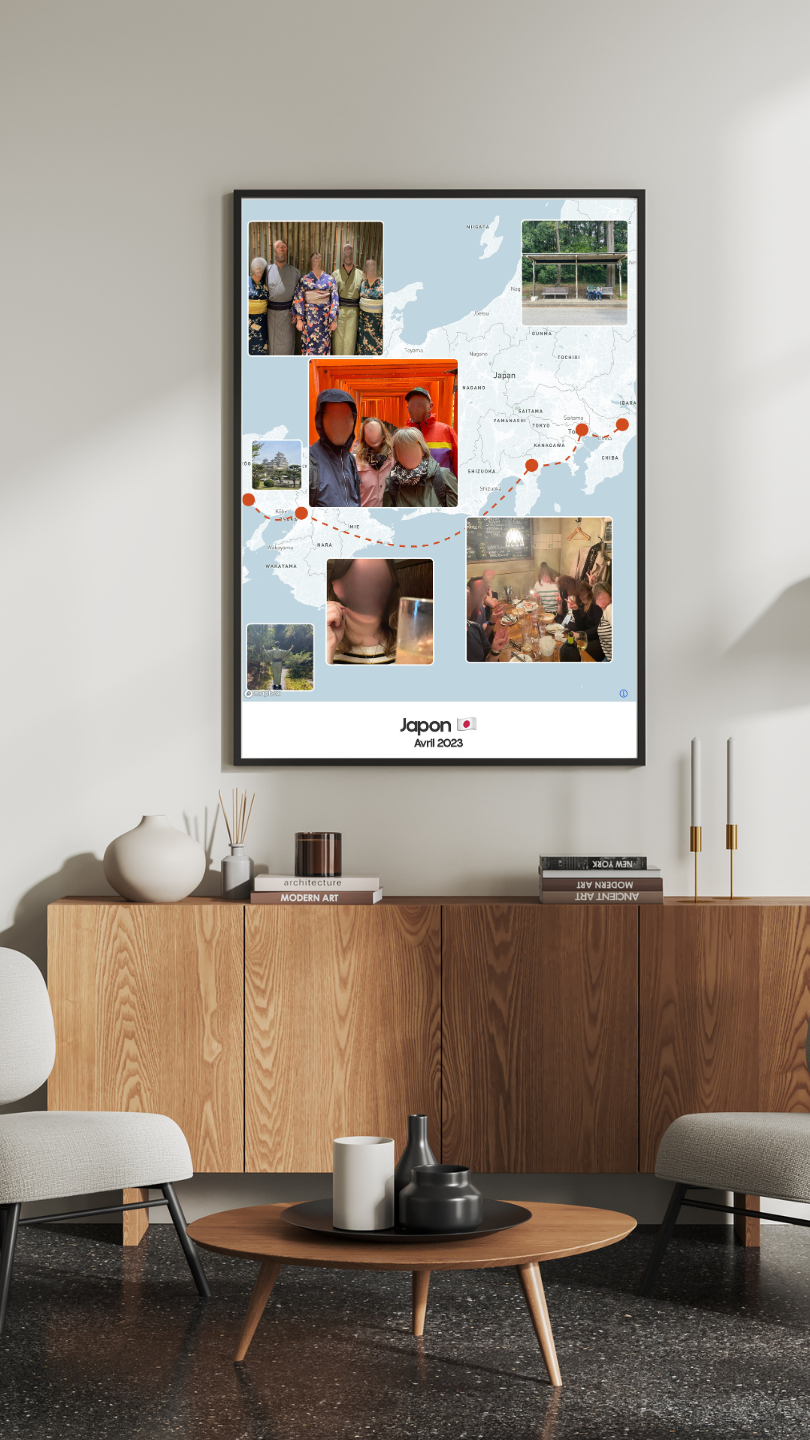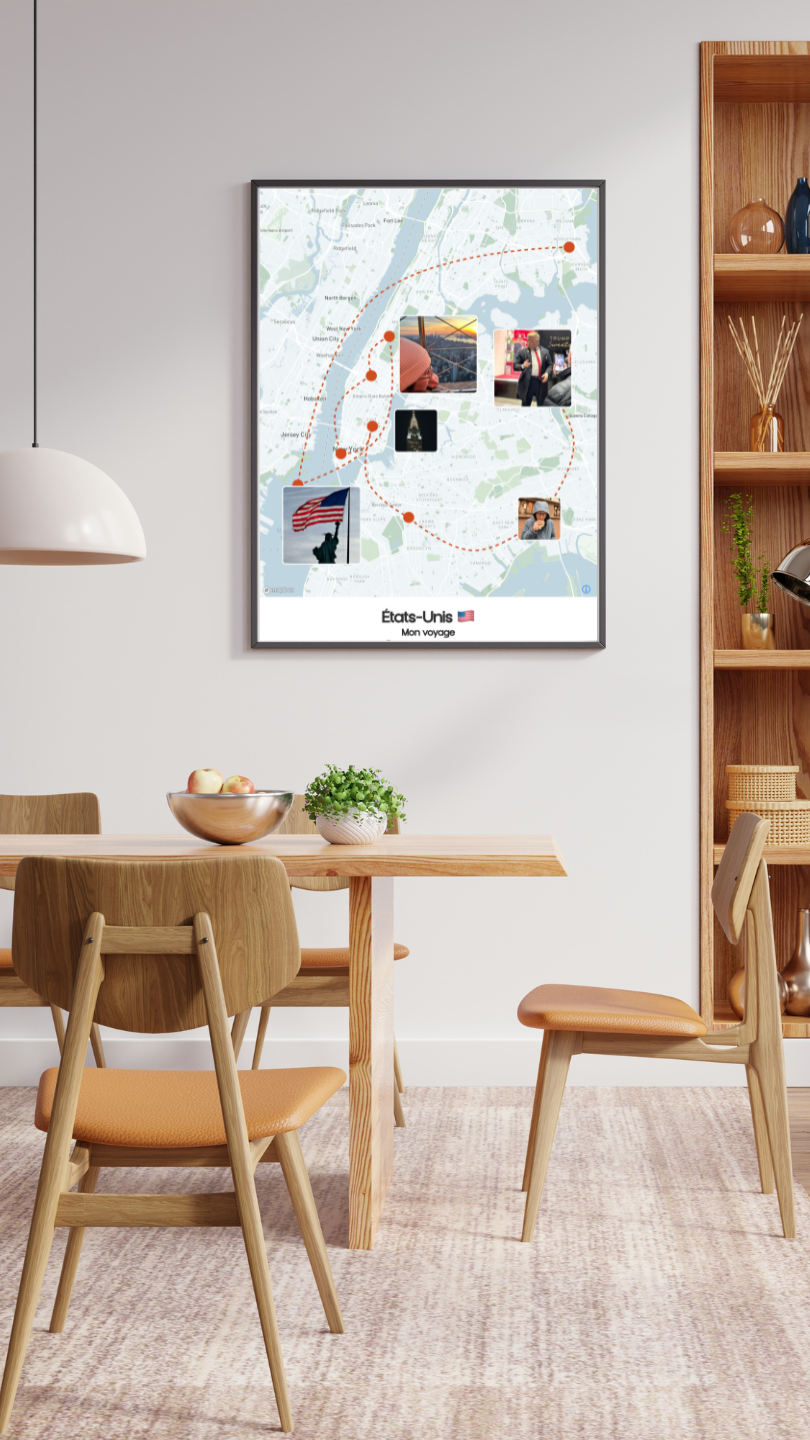Canada is a vast country of natural beauty and cultural diversity. From plains to snow-capped mountains, bustling cities to serene rural expanses, Canada offers a plethora of fascinating destinations to explore. In this article, we will delve into some of the best places to visit in Canada, ensuring you can plan an unforgettable trip! 🌍✈

Introduction - Must-see places to visit in Canada?
1. Niagara Falls - What to visit in Canada?
Located at the border between Canada and the United States, Niagara Falls is among the most famous in the world. With its impressive flow and natural beauty, it attracts millions of visitors each year. In addition to viewing the falls, you can take a boat cruise that brings you closer to the roaring water. 🌊
2. Banff and Banff National Park - To discover in Canada
Banff National Park is a popular destination for nature lovers. It offers breathtaking mountain scenery, turquoise lakes, and diverse wildlife. Whether you visit in summer for hiking or in winter for skiing, Banff is a must-see. Highlighted visits include the famous Lake Louise and the Banff gondola for panoramic views. 🏔️
3. Vancouver - What to visit in Canada?
Vancouver is a vibrant coastal city that presents a unique harmony between nature and urbanism. Explore Stanley Park, its beaches, and the iconic Capilano Bridge. Be sure to check out Granville Island market for culinary delights and an artistic atmosphere. 🌉
4. Toronto - Places to see in Canada
Toronto, Canada’s largest city, is a dynamic destination with a thriving cultural scene. Visit the CN Tower for stunning views of the city, explore the historic Distillery District, and dive into the culinary diversity of Kensington Market. 🍁
5. Quebec City - What to visit in Canada?
Quebec City is famous for its historic architecture and its old town, classified as a UNESCO World Heritage site. Stroll through its cobblestone streets, visit the Château Frontenac, and immerse yourself in the Francophone culture of Canada through its festivals and cuisine. 🎆
6. The Canadian Rockies - To explore in Canada
The Rockies are a spectacular mountain range extending through Alberta in Canada. They are filled with opportunities for hiking, climbing, and skiing in winter. Discover iconic lakes like Lake Moraine and enjoy the surrounding national parks. 🌲🏞️
7. Ottawa - What to see in Canada?
Ottawa, the capital of Canada, is home to historical attractions such as the Canadian Parliament and the National Gallery of Canada. Enjoy festivals throughout the year, such as the Tulip Festival in spring and Winterlude during winter. 🎉
8. The Magdalen Islands - To visit in Canada
These picturesque islands located in the Gulf of Saint Lawrence are perfect for coastal landscape lovers. Enjoy the beach, fresh seafood, and explore the Acadian culture of the islands. It’s the ideal spot for a relaxing getaway. 🌊🌞
9. Whistler - What to visit in Canada in nature
Whistler is renowned for its world-class ski resorts, but it’s also a summer destination. Indulge in activities like mountain biking, hiking, and golfing during the beautiful season. The town itself is charming and offers a welcoming atmosphere. ⛷️🌄
10. Calgary - What to visit in Canada?
Calgary is a dynamic city famous for the Calgary Stampede, a rodeo event that attracts thousands of visitors each year. Explore the Calgary Zoo, visit the Glenbow Museum, or venture into the nearby Rockies. 🤠
Conclusion - The most beautiful places to visit in Canada
Canada is a country overflowing with wonders to discover. Whether you are nature, history, or culture, there’s something for everyone. Plan your itinerary and embark on a journey to explore the majestic landscapes and vibrant cities that make Canada a unique country. 🇨🇦
FAQ - Must-see places to visit in Canada: A Guide to Wonders
1. What are the best times to visit Canada?
The best time to visit Canada depends on your interests. Spring (May-June) is great for festivals and blooming. Summer (July-August) is perfect for outdoor activities. Fall (September-October) offers colorful landscapes and pleasant temperatures. Winter (November-March) is ideal for winter sports and Christmas markets. Each season has its own charm, so choose the one that suits you best!
2. Is it necessary to rent a car to visit Canada?
Renting a car can be very beneficial in Canada, especially if you plan to visit remote locations like national parks. Public transportation is available in major cities, but for rural destinations, having a vehicle is often preferable. Be sure to check routes and road conditions, especially in winter! 🚗
3. What is the best way to travel between major Canadian cities?
Canada is vast and well connected. Domestic flights are a quick and efficient way to travel between major cities like Toronto, Vancouver, and Montreal. Trains also provide scenic views and are comfortable, while bus services are available at affordable prices. Choose the option that best fits your schedule and budget. ✈️🚆
4. What are the must-do activities in Canada?
Must-do activities include visiting Niagara Falls, exploring Banff National Park, skiing or hiking in the Rockies, discovering culture in Ottawa, and enjoying Toronto’s gastronomy. Whether you prefer nature or city life, Canada offers a multitude of exciting experiences. 🌟
5. Are there important cultural festivals in Canada?
Yes, Canada is rich in cultural festivals. Notable ones include the Montreal International Jazz Festival, Winter Carnival in Quebec, the Toronto International Film Festival, and the Calgary Stampede. These events allow you to experience the country’s culture, music, and cuisine. 🎶🍁
6. What culinary specialties should I try in Canada?
When visiting Canada, be sure to try typical dishes such as poutine (fries topped with cheese and gravy), maple syrup, smoked salmon, tourtières, and Canadian pancakes. Each region has its own specialties, so explore local gastronomy wherever you go! 🍴
7. What are the potential risks for travelers in Canada?
Canada is generally a safe country for travelers. However, exercise caution while hiking in the wilderness, especially concerning wildlife. Avoid getting too close to wild animals and familiarize yourself with weather conditions. In cities, stay alert and don’t leave valuables visible in your vehicle. 🚨
8. What types of accommodations are available in Canada?
Canada offers a wide range of accommodation options, from luxury hotels to affordable hostels, vacation rentals, and campgrounds. For a unique experience, consider staying in a mountain cottage or a BnB with locals. Choose one that suits your budget and lifestyle. 🏨
9. Should I have medical coverage for my trip to Canada?
It is highly recommended to have travel insurance that covers medical expenses during your stay in Canada. Healthcare can be costly for travelers, especially in emergencies. Check your insurance policy before departure and consider additional medical assistance services if needed. 💼
10. What goods and souvenirs should I bring back from Canada?
When visiting Canada, think about bringing back typical souvenirs like maple syrup, wool clothing, wooden furniture, handmade crafts, and sports-related memorabilia. These items are not only unique but also representative of Canadian culture. 🧳
